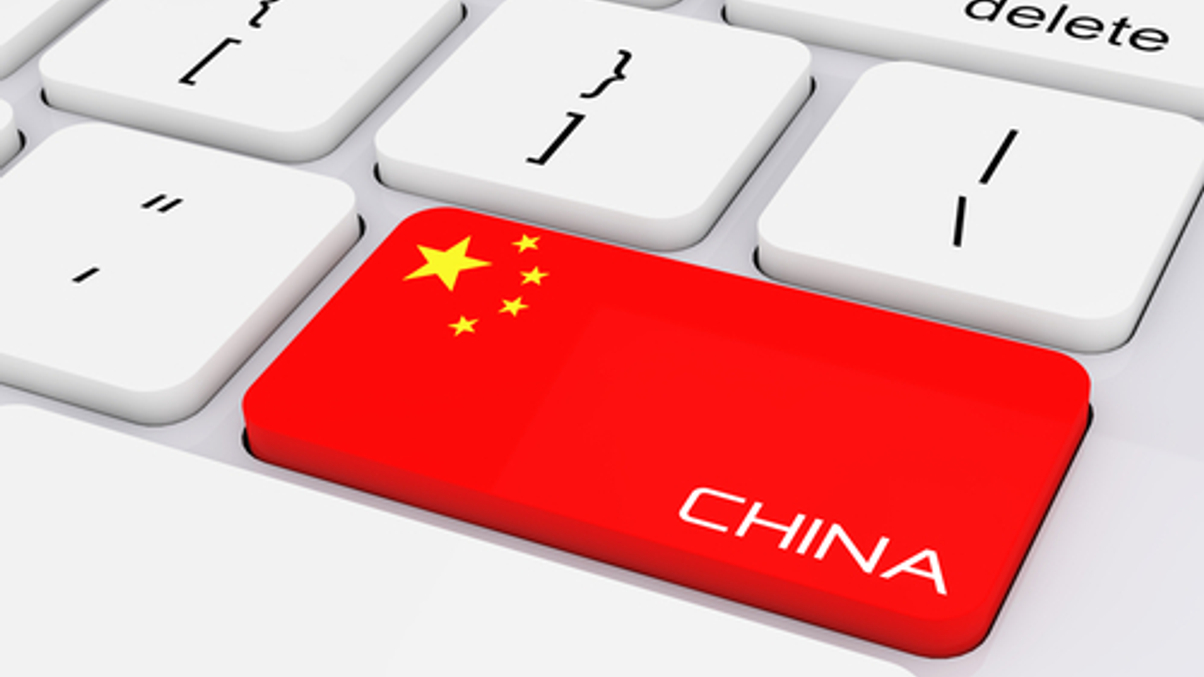Have investors’ confidence picked up after SenseTime's 150% post-IPO surge?
The stock’s promising performance stands in sharp contrast to the less fortunate fates of other Chinese companies that have been affected by government clampdowns.

Shares of Chinese artificial intelligence company SenseTime Group have climbed as much as 150% since it debuted on the Hong Kong Stock Exchange (SEHK) in late December, lifting market confidence despite recent government clampdowns on other Chinese companies.
Sign in to read on!
Registered users get 2 free articles in 30 days.
Subscribers have full unlimited access to AsianInvestor
Not signed up? New users get 2 free articles per month, plus a 7-day unlimited free trial.
¬ Haymarket Media Limited. All rights reserved.


